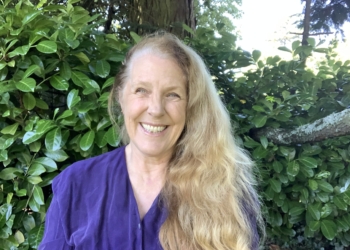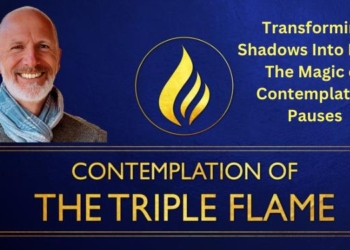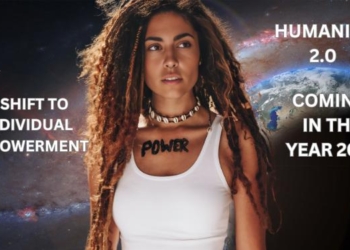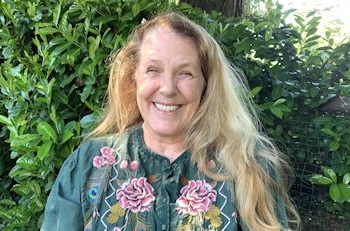Why are some of the rarest personality types more likely to experience Mandela Effects and reality shifts? While Myers-Briggs “Intuitive Feelers” account for only 25% of the overall population, they are more likely than other personality types to observe Mandela Effects, reality shifts, and quantum jumps.
While I was preparing to present a talk in Boulder, Colorado about ETs, AI, and Evolution of Human Consciousness, part of the material I was presenting has led me to recognize patterns that I'd not seen before, linking personality with observation of Mandela Effects and reality shifts.
What I noticed was that personality types who were most likely to recognize Mandela Effects were the Intuitive Feeling types, as identified by the Myers-Briggs personality test.
Myers-Briggs Personality Test
The Myers-Briggs Type Indicator (MBTI) personality inventory was developed by mother-daughter team Katharine Cook Briggs and her daughter, Isabel Briggs Myers. Myers and Briggs applied some ideas and insights of Swiss psychiatrist, Carl Jung, to recognizing human personality characteristics.
The key principle underlying the foundation of this personality test is that much seemingly random variation in peoples' behavior can be recognized to actually be orderly and consistent, because peoples' behavior is driven by intrinsic differences in individual preferences. The Myers-Briggs test is thus a test that one can take to identify their own individual preferences between such things as preferring to focus on the internal (Introvert) or external (Extrovert) world.
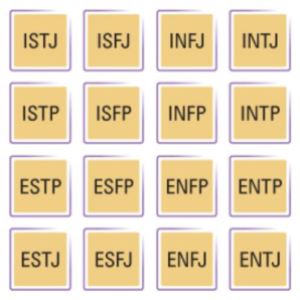 The resulting sixteen personality types thus present us with an overview of various personality types intended to capture the core essence of how people might view the world from those preferences expressed through their personalities.
The resulting sixteen personality types thus present us with an overview of various personality types intended to capture the core essence of how people might view the world from those preferences expressed through their personalities.
It's important to point out that personality type does not indicate nor represent character, and there is no ‘best type.' While some types may be more or less common in various cultures and globally around the world, they are simply ways of viewing the world.
Within these sixteen types another pattern can be seen in which some people have “NF” at the core of their personality type. This “NF” stands for “Intuitive Feeling” and INtuitive Feelers (NFs) are one of the basic temperance types, the others being: INtuitive Thinkers (NTs), Sensate Judgers (SJs), and Sensate Perceivers (SPs).
Myers-Briggs Intuitive Feelers (NF)
Some people call Myers-Briggs Intuitive Feelers “Catalysts,” and others call them “Empaths.” These are people, like myself, who primarily experience Mandela Effects and reality shifts.
I've recently conducted surveys within Mandela Effect and reality shift experiencer groups, and found that while the overall population of NF types is about 25%, these personality types comprise the majority of Mandela Effect and reality shift experiencers, at percentages exceeding 75%. While correlation is not equivalent with causation, we can nonetheless take note of this remarkable connection between people who have Intuitive Feeling personality types and those who are currently in the majority of experiencing Mandela Effects and reality shifts.
The Myers-Briggs personality test appears to be a good place to look when considering the evolution of human consciousness, to notice what kind of changes, if any, are occurring with the populations in the USA and around the world in these personality types.
Myers Briggs Personality Tests
If you haven't taken your Myers-Briggs personality test, you can go to a website like HumanMetrics where you can answer a bunch of questions and get a relatively quick, free assessment. You can also take the official Myers Briggs instrument online at the official Myers-Briggs website. Once you get your results, you can see if your personality type looks right to you. There have been many applications of Myers-Briggs personality tests over time.
You can watch the companion video to this blog post at:
___________________________
 Cynthia Sue Larson is the best-selling author of six books, including Quantum Jumps. Cynthia has a degree in Physics from UC Berkeley, and discusses consciousness and quantum physics on numerous shows including the History Channel, Gaia TV, Coast to Coast AM, the BBC and One World with Deepak Chopra and on the Living the Quantum Dream show she hosts. You can subscribe to Cynthia’s free monthly ezine at: https://www.RealityShifters.com
Cynthia Sue Larson is the best-selling author of six books, including Quantum Jumps. Cynthia has a degree in Physics from UC Berkeley, and discusses consciousness and quantum physics on numerous shows including the History Channel, Gaia TV, Coast to Coast AM, the BBC and One World with Deepak Chopra and on the Living the Quantum Dream show she hosts. You can subscribe to Cynthia’s free monthly ezine at: https://www.RealityShifters.com





